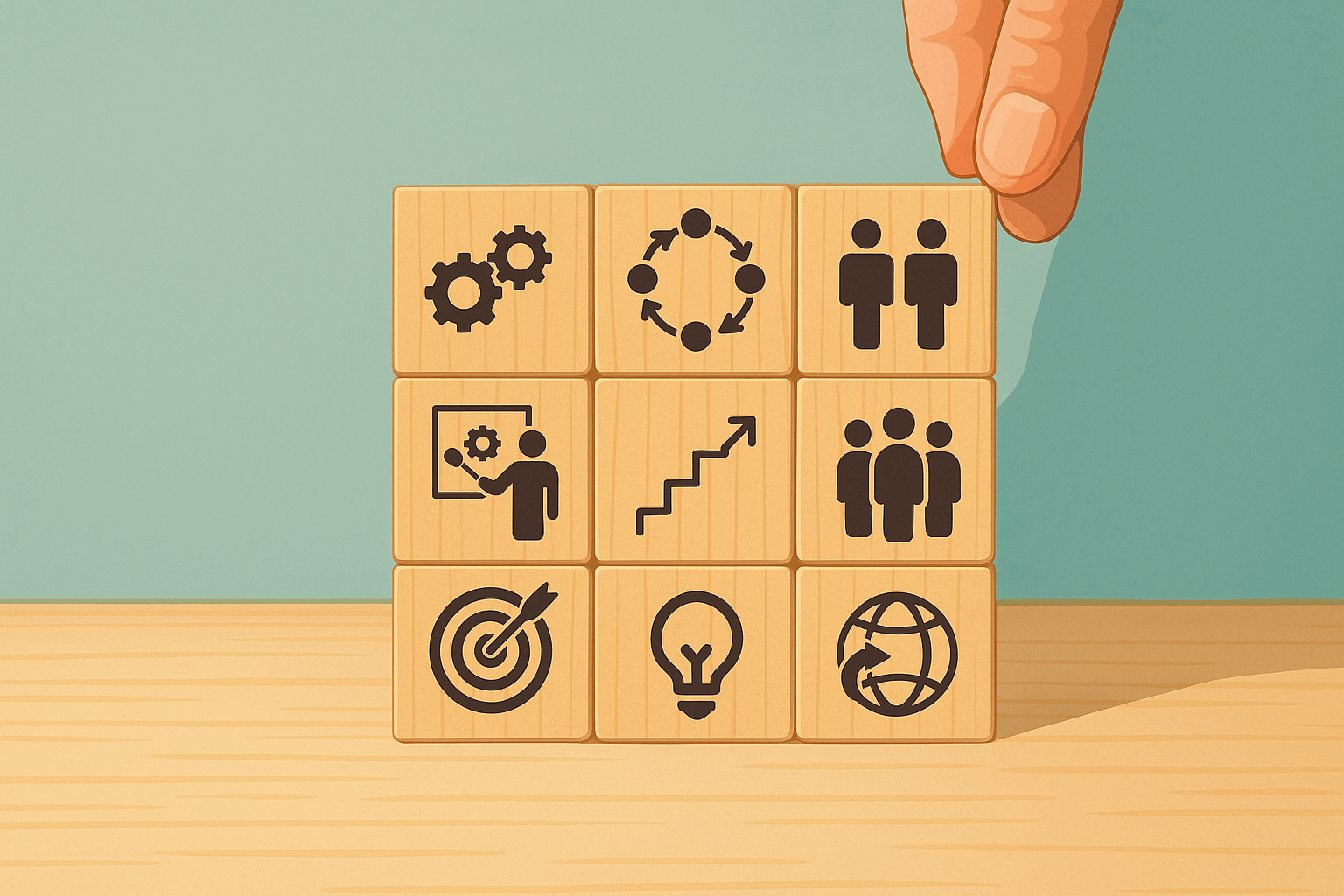Employment is more than just a job—it’s a pathway to belonging, purpose, and dignity. This post explores how recognising diverse skills, investing in inclusive training, and addressing cultural barriers can help build a more equitable and resilient workforce.
For individuals, a job is about more than income. It’s about identity, contribution, and connection to community.
Dr. Alexandra Block
Beyond the Labour Market
Employment is often reduced to numbers—unemployment rates, job vacancies, or wage growth. But these figures miss the human story behind work. For individuals, a job is about more than income. It’s about identity, contribution, and connection to community.
To build a workforce that’s fit for the future, we must go beyond market statistics and consider the social and cultural dimensions of employment. This includes acknowledging how people gain and use skills, the barriers some face in having their abilities recognised, and the importance of education and training that reflects diverse pathways and lived experiences.
The Challenge of Skills Recognition
One of the biggest issues in today’s workforce is the under-recognition of skills—especially among migrants, women, First Nations peoples, and people with non-traditional career paths.
- Migrants often arrive with rich professional experience, but their qualifications are not recognised, or they face bias in recruitment.
- Informal or community-acquired skills, such as caregiving, language fluency, or mediation, are rarely valued in formal hiring processes.
- First Nations knowledge systems—which include environmental management, cultural education, and leadership—are often excluded from conventional skill frameworks.
This leads to underemployment, frustration, and loss of potential—not only for individuals but for the broader economy and society.
Inclusive Education & Training
Addressing these gaps means rethinking how we deliver education and training. An inclusive approach includes:
- Culturally safe learning environments where people feel respected and represented.
- Flexible delivery modes that consider childcare needs, language barriers, digital access, or work schedules.
- Recognition of Prior Learning (RPL) programs that value experience as much as credentials.
- Work-integrated learning and community partnerships that connect education with real opportunities.
Education systems must prepare people not only with technical skills, but with confidence, cultural competency, and pathways to lifelong learning.
Workplaces as Social Systems
Workplaces are not just economic institutions—they are social ecosystems. They shape identity, connection, and mental wellbeing. Culturally inclusive workplaces:
- Promote diverse leadership and mentorship pathways.
- Support training in unconscious bias and cultural intelligence.
- Ensure access to advancement, not just entry-level work.
- Value storytelling, cultural background, and interpersonal strengths as assets—not liabilities.
When we invest in the full humanity of workers, everyone benefits.
Conclusion: A Workforce That Reflects Our Society
Employment is a shared social project. Recognising diverse skills, designing inclusive training, and transforming workplace cultures are not side issues—they are central to building a fair and future-ready economy.
In valuing not just what people do, but who they are and where they come from, we create a workforce that is stronger, more dynamic, and more just.
